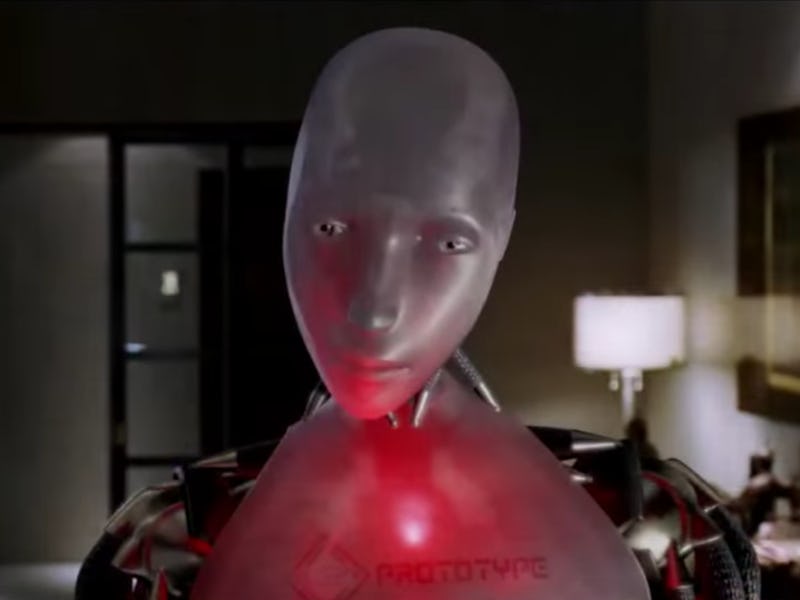Worried about the impending moment when artificial intelligence moves beyond human capabilities? The theorized “singularity” tipping point may keep sci-fi fanatics up late at night, but a survey released on Tuesday suggests we have little to worry about.
Of some 80 A.I. experts — Fellows of the Association for the Advancement of Artificial Intelligence — surveyed, none thought the tipping point would occur in the next ten years.
“We’re competing with millions of years’ evolution of the human brain,” one anonymous respondent told MIT Technology Review, who carried out the survey. “We can write single-purpose programs that can compete with humans, and sometimes excel, but the world is not neatly compartmentalized into single-problem questions.”
While 7.5 percent thought A.I. superintelligence could arrive in the next 10 to 25 years, a landslide 67.5 percent believe the change will happen over 25 years from now. “Way, way, way more than 25 years,” said one respondent. “Centuries most likely. But not never.”
The singularity is linked with ideas that the world will irreversibly change, as machines would be able to outthink us. The effects of this are unclear. It could lead to a ruthless intelligence that decides humanity should be enslaved, similar to The Matrix, or it may believe in peacefully co-existing, perhaps similar to Her.
But while A.I. has made great strides at small tasks, like IBM Watson winning Jeopardy! or making a movie trailer, a more general intelligence seems unlikely in the near future due to the much larger complexity of simulating all facets of intelligence.
Not all experts surveyed agreed that the singularity is an inevitable event. 25 percent of respondents said that superintelligence would never be achieved. One respondent criticized professor Nick Bostrom, who wrote a book called Superintelligence: Paths, Dangers, and Strategies about what this future intelligence may look like. “Bostrom is a professional scare monger,” the respondent said. “I am tempted to refer to him as the ‘Donald Trump’ of A.I.”
